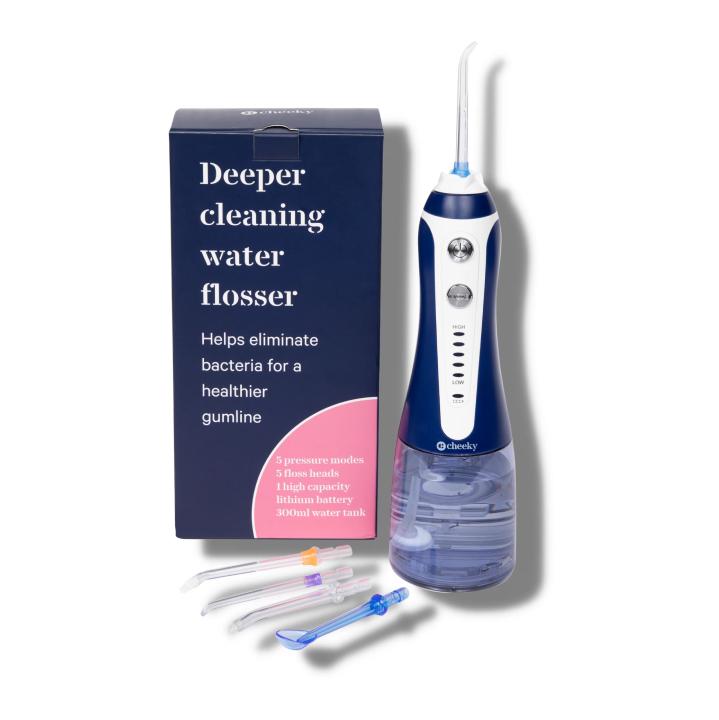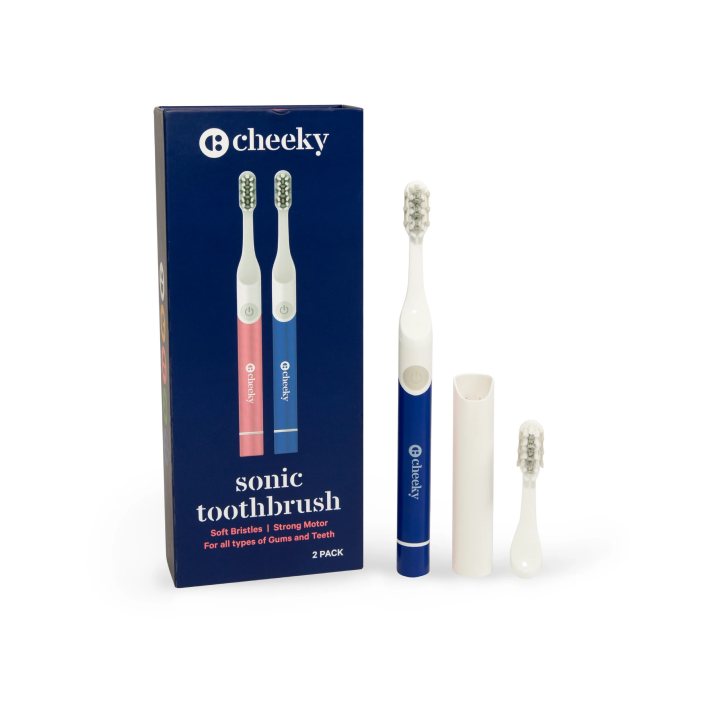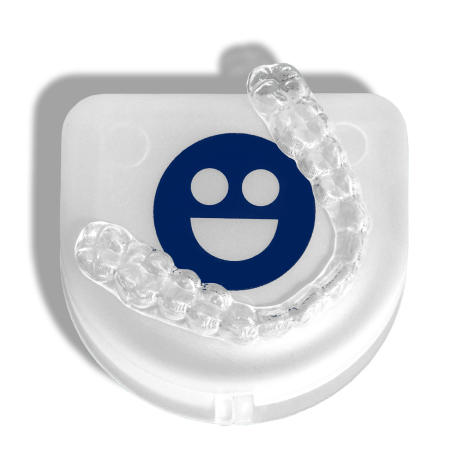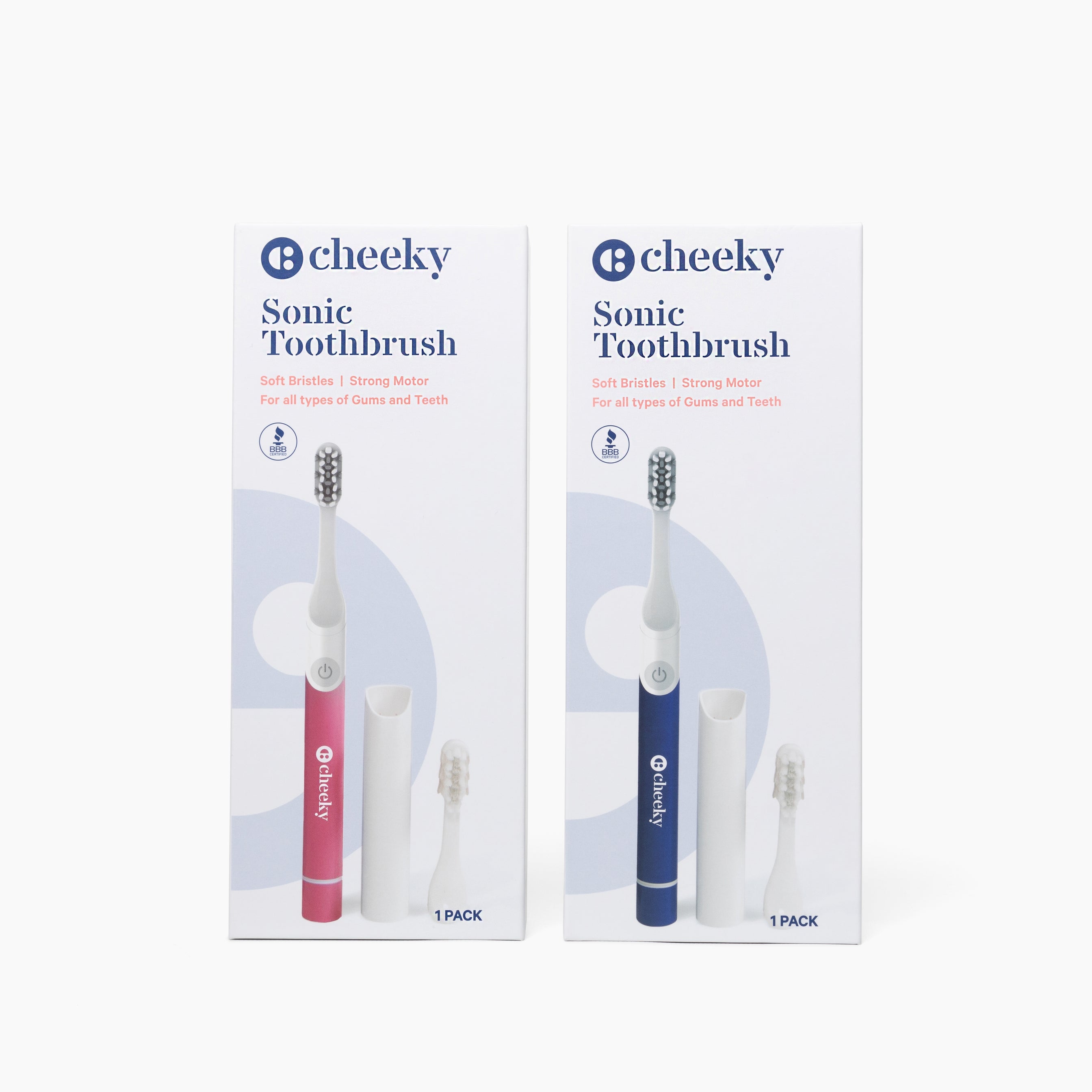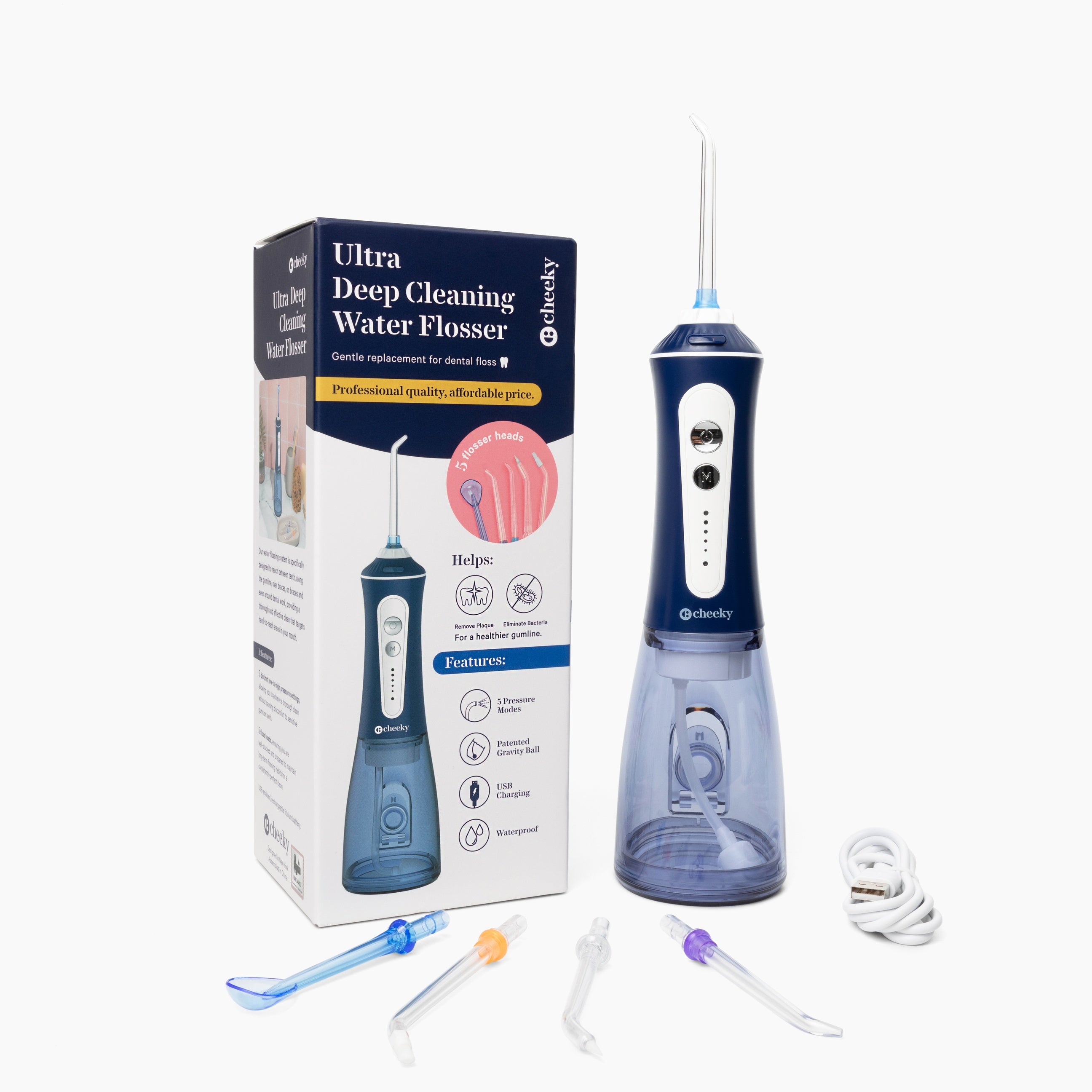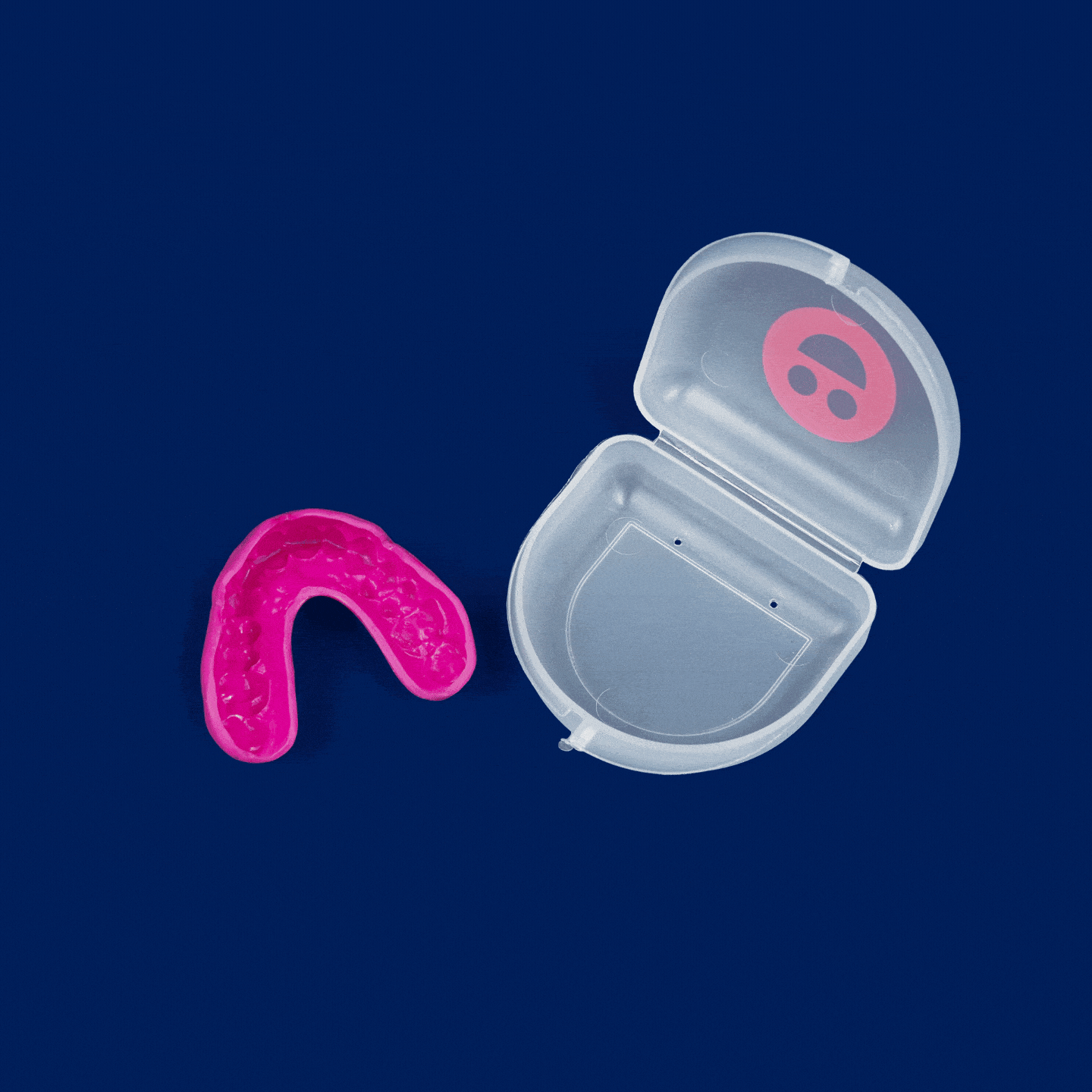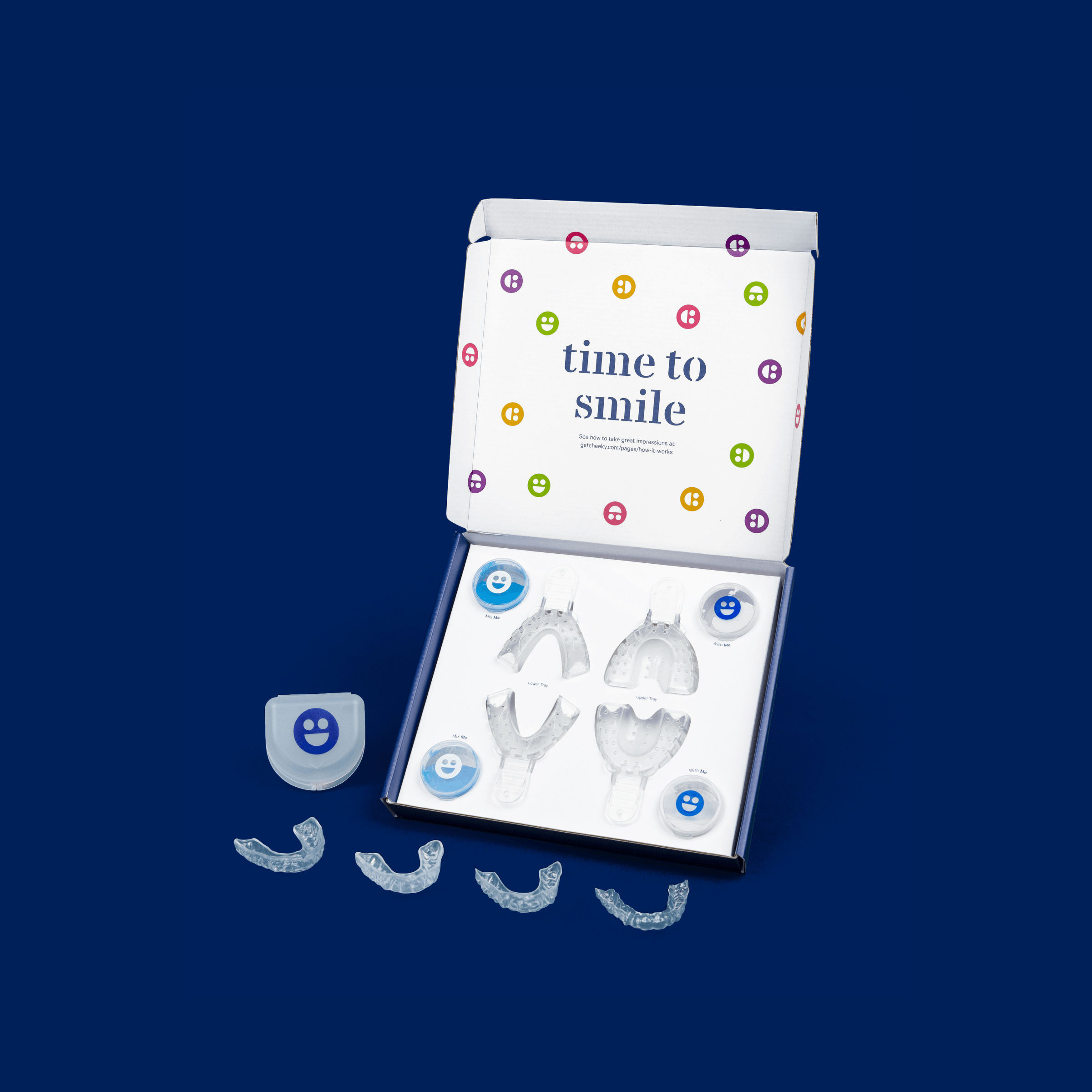Tooth and jaw pain of any kind can cause all kinds of discomfort, up to and including sleep loss and a loss of appetite. In cases in which you are experiencing TMJ pain, this can be especially uncomfortable for both neck pain and jaw soreness.
TMJ stands for temporomandibular joint disorder, and it often manifests in the jaw joint as a dull ache with occasional sharp shooting pains that lingers for far longer than is welcome. Unfortunately, TMJ pain can come from a number of sources, even if you largely lead a healthy and active lifestyle.
The good news is, with the right approach, you can understand why you have TMJ pain and take the relevant steps to better control, soothe and eventually better prevent it.
Understanding TMJ flare ups
Learning to understand the cause of most TMJ flare ups can do plenty to help you take back control of the ear pain, neck pain and strong discomfort in the tooth and jaw areas you are feeling.
There are two main causes of TMJ pain – those being ones caused by habits and lifestyle, and those caused by life circumstances.
For example, if you recently had the misfortune of being struck in the face around the jaw area, it’s understandable that the aftermath of jaw soreness could take effect. This can also result in neck pain, ear pain and some swelling.
It could also be that you have what is known as an improper bite – and similarly, your eating habits may be causing you TMJ jaw aches without realizing.
However, the more common cause of TMJ flare ups and associated tooth pain in the jaw stems from lifestyle drivers. For example, stress causes one to clench the jaw, often subconsciously, which itself creates a terrible amount of tension in the TMJ area.
Similarly, bruxism – the act of grinding one’s teeth, which itself can be caused by stress – can be a huge contributor to TMJ and jaw soreness.
Unfortunately, even if you do not engage in these behaviors, TMJ can still occur as part of the aging process. Because of how badly it affects the jaw joints, TMJ can unfortunately occur as a side effect of arthritis.
Treating TMJ jaw soreness symptoms
Whether your TMJ has arisen from stress, grinding your teeth, a recent blow to the head or your choice of diet, the good news is that there are numerous remedies to set the situation straight.
These can be as simple as over the counter pain medication or finding a less stressful way of life – but the real way to overcome TMJ pain is to go to the source, rather than treating the symptoms.
A mouth guard to prevent bruxism is a good example. Ordering a custom night guard is a great way to have a tailor designed oral insert that prevents your teeth from clenching while you are asleep, or during moments of high intensity.
You can also use a custom mouth guard to prevent TMJ happening between meals as you migrate to softer foods.
The Easy Way to Take Care of Bruxism and TMD
Cheeky makes it easy and affordable to say sayonara to the pain and tension accompanying TMD and bruxism. Never deal with gross night guards again! Our custom nightguards will give you the best night of sleep you’ve had in months.
Pick your plan and customize your nightguard with Cheeky today.
